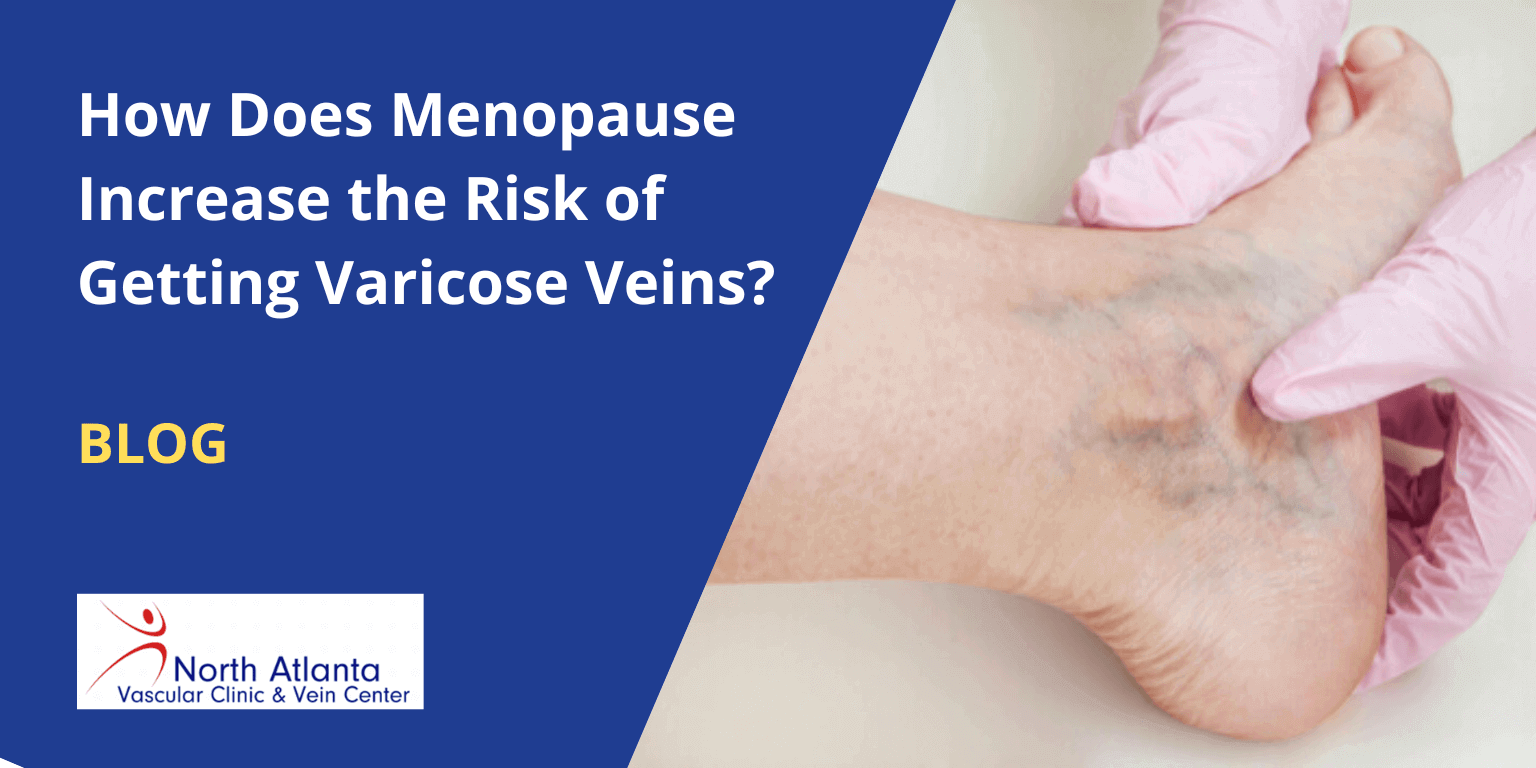



Menopause and varicose veins are two common health conditions that women suffer from. However, most women are not aware of the connection between these two.
Menopause is a natural process in which women in their late 40s or early 50s face a decline in reproductive hormones and marks the end of a woman’s menstrual cycles.
Varicose veins occur when the veins get enlarged and overfilled with blood. These veins occur in the legs and feet, which become prominent on the surface of the skin. While some people have no symptoms, others experience pain and discomfort.
In the United States, more than 40 million people suffer from varicose veins. In fact, around 41% of women over the age of 50 suffer from varicose veins! In this blog, we’ll discuss how varicose veins and menopause are closely related to each other.
One common factor between menopause and varicose veins is hormones. Women tend to face hormonal imbalances when they are having menopause. Estrogen and progesterone hormones are beneficial for the veins. High levels of estrogen and varicose veins are directly related. When these hormones fluctuate, it makes the veins weak, and this can increase the chances of blood getting collected in the veins and result in varicose veins.
If you are nearing menopause, you are highly prone to varicose veins. Therefore, you need to take extra measures to prevent it during menopause.
The hormonal fluctuations from menopause slow down the metabolism. This may eventually lead to weight gain. Excessive weight gain will affect the veins. High or low progesterone and varicose veins can also result in weight gain. Monitor your weight regularly to prevent varicose veins.
The following tips can prevent varicose veins:
Exercising regularly will keep the blood circulating normally in your body.
Eating healthy and keeping a balanced and nutritious diet will reduce the chances of hormonal imbalances. You should avoid foods with high saturated fats and sugar.
Cholesterol and high blood pressure can cause varicose veins. Keep a check on your blood pressure and cholesterol levels.
Wearing compression stockings daily will keep the blood circulating towards the heart.
If you are facing vein issues and pain in your veins, you should consult a specialist immediately. There are a lot of treatment options to cure varicose veins from Menopause. Consulting a vein specialist will help you get the best results.
The expert team at North Atlanta Vascular Clinic has treatment options for a variety of venous diseases, including varicose veins. Located at four convenient locations in Suwanee, Cumming, Alpharetta & Lawrenceville, Georgia, our clinic has provided expert and exceptional vascular care for more than a decade.
Schedule an appointment with one of our five board-certified vascular surgeons.